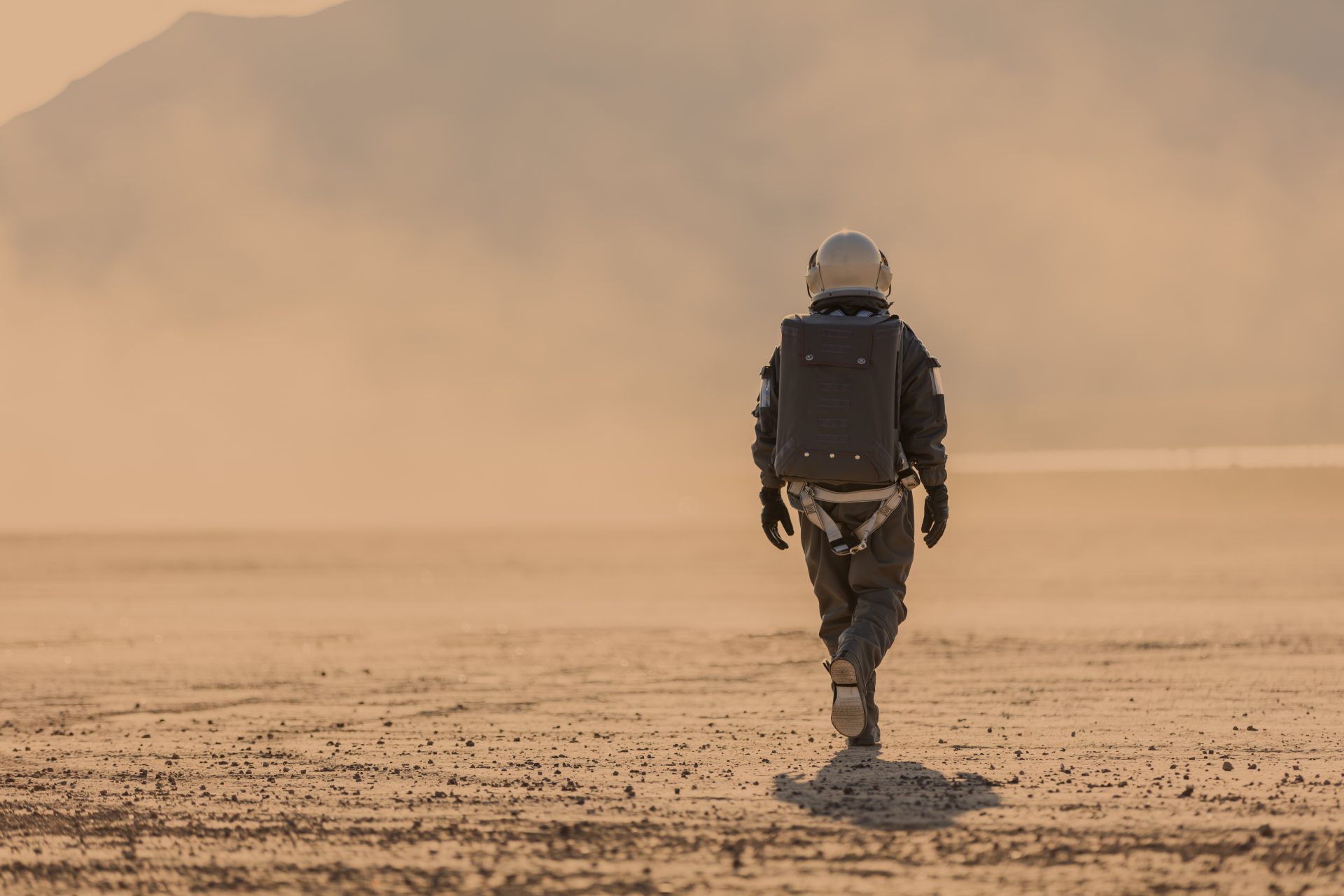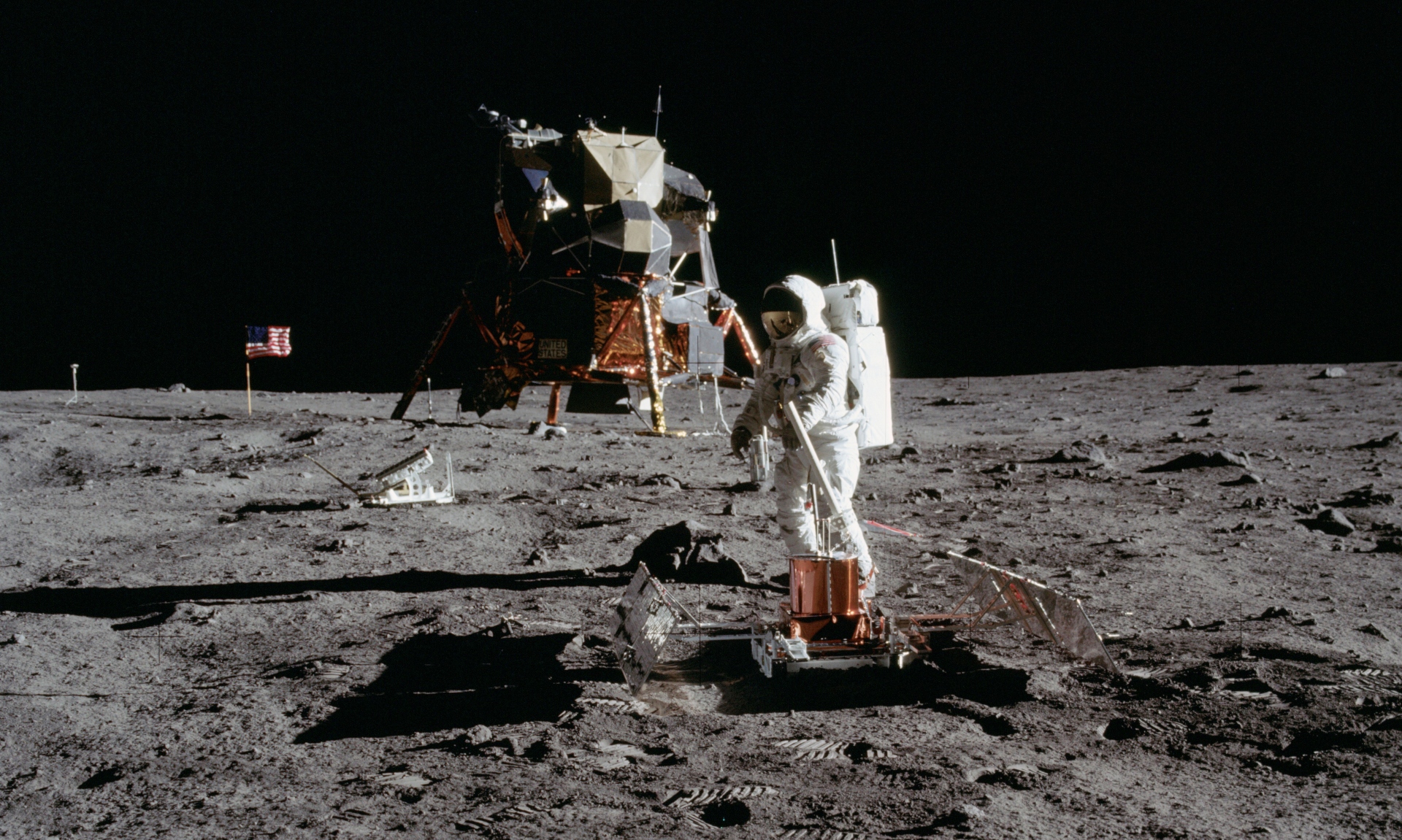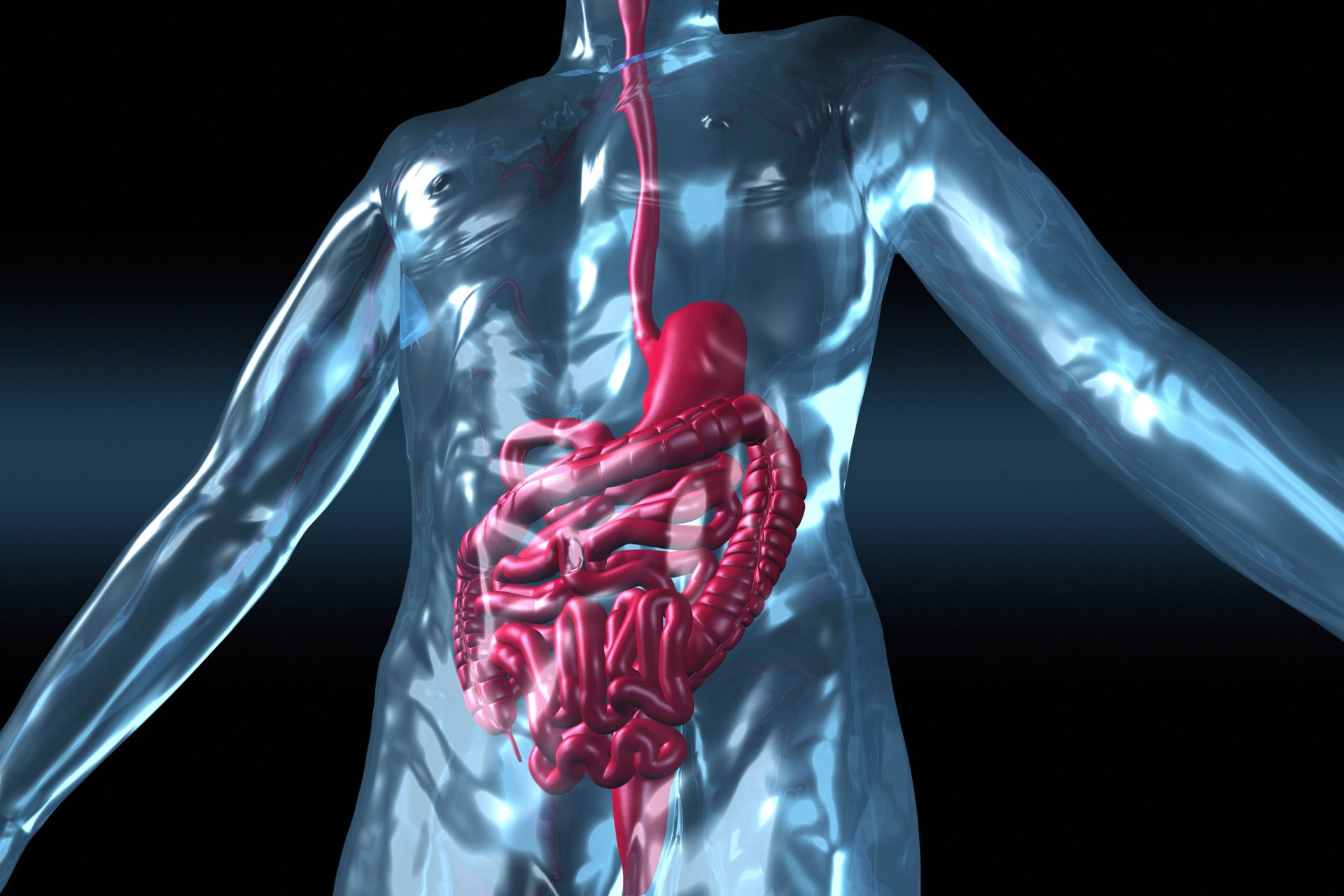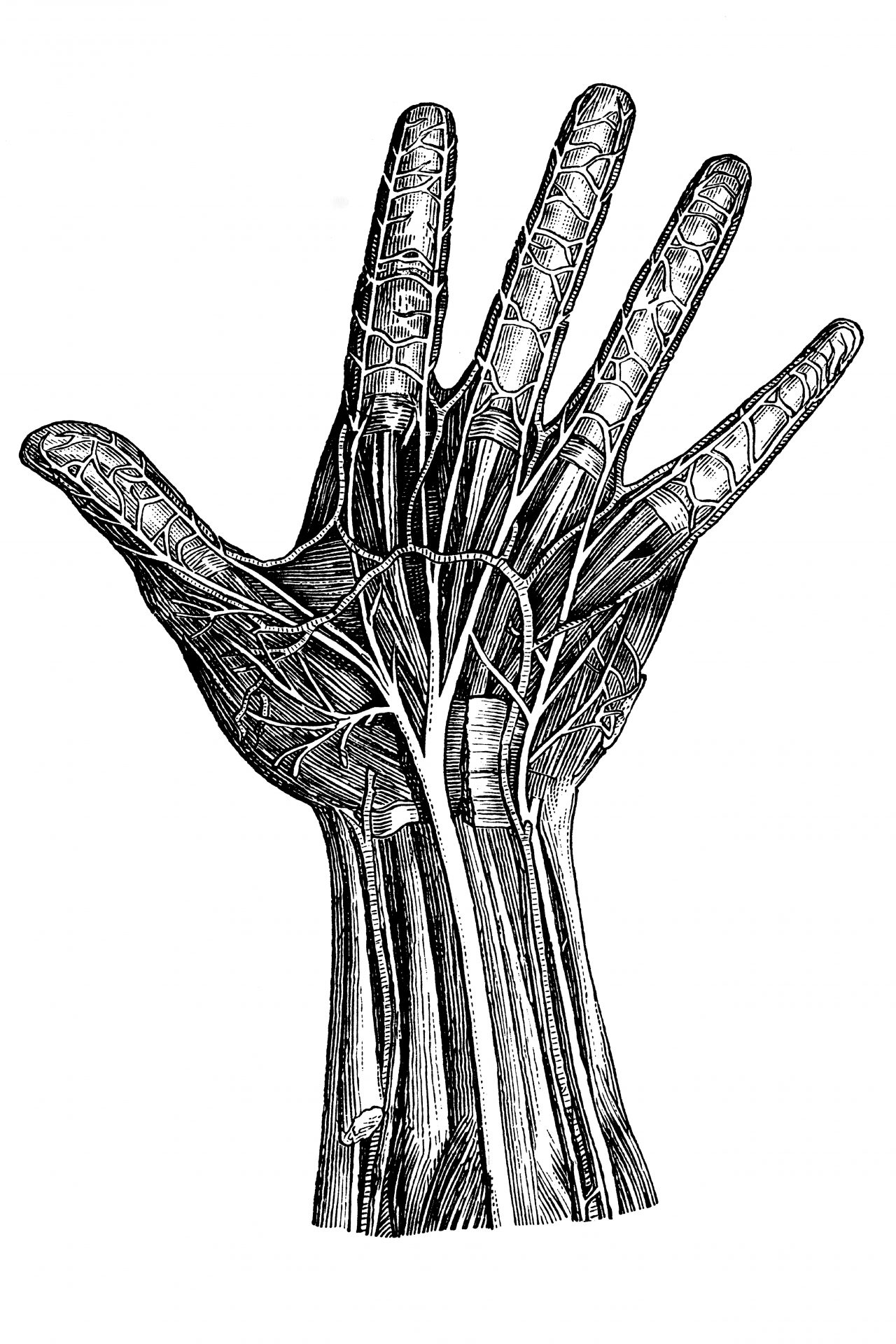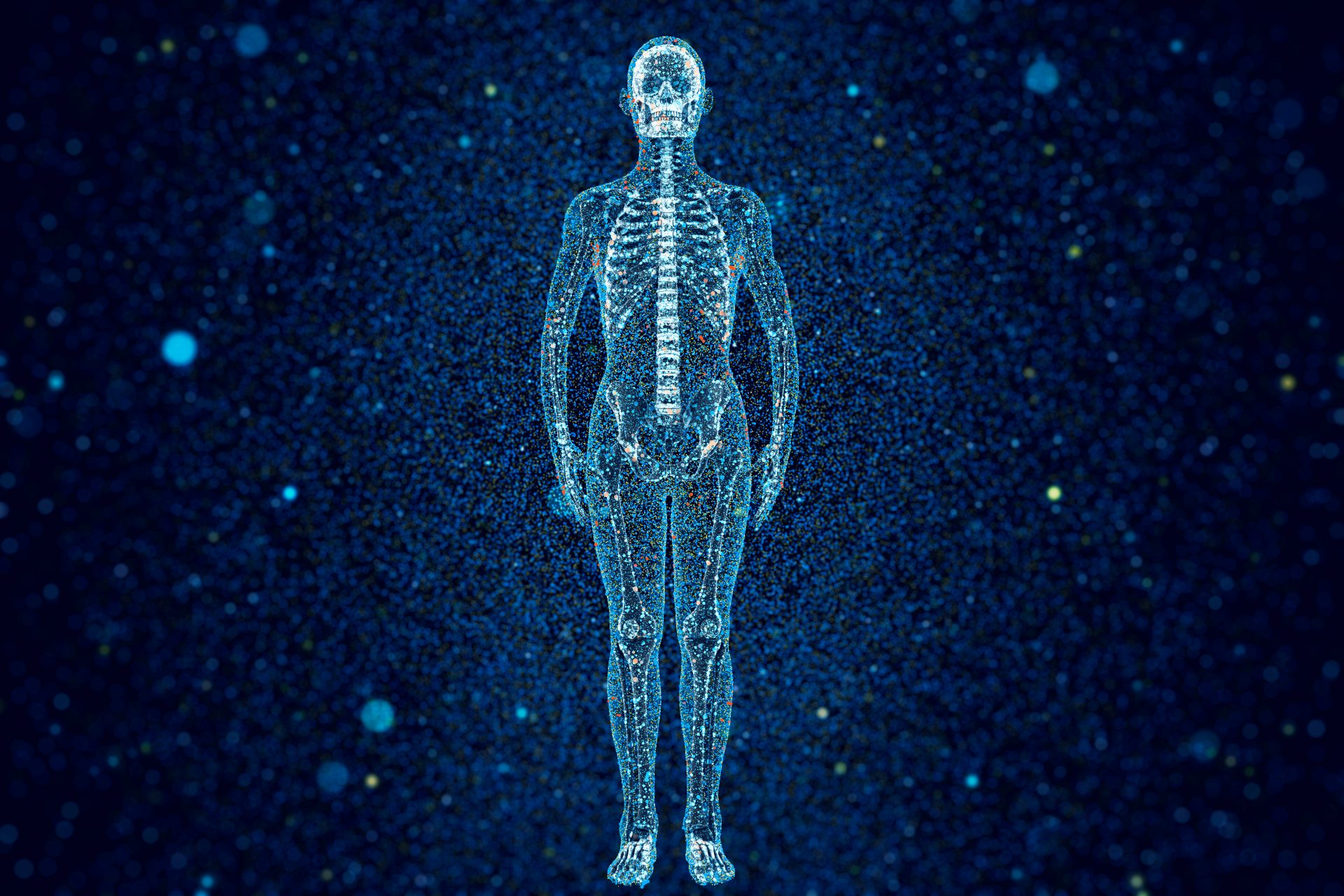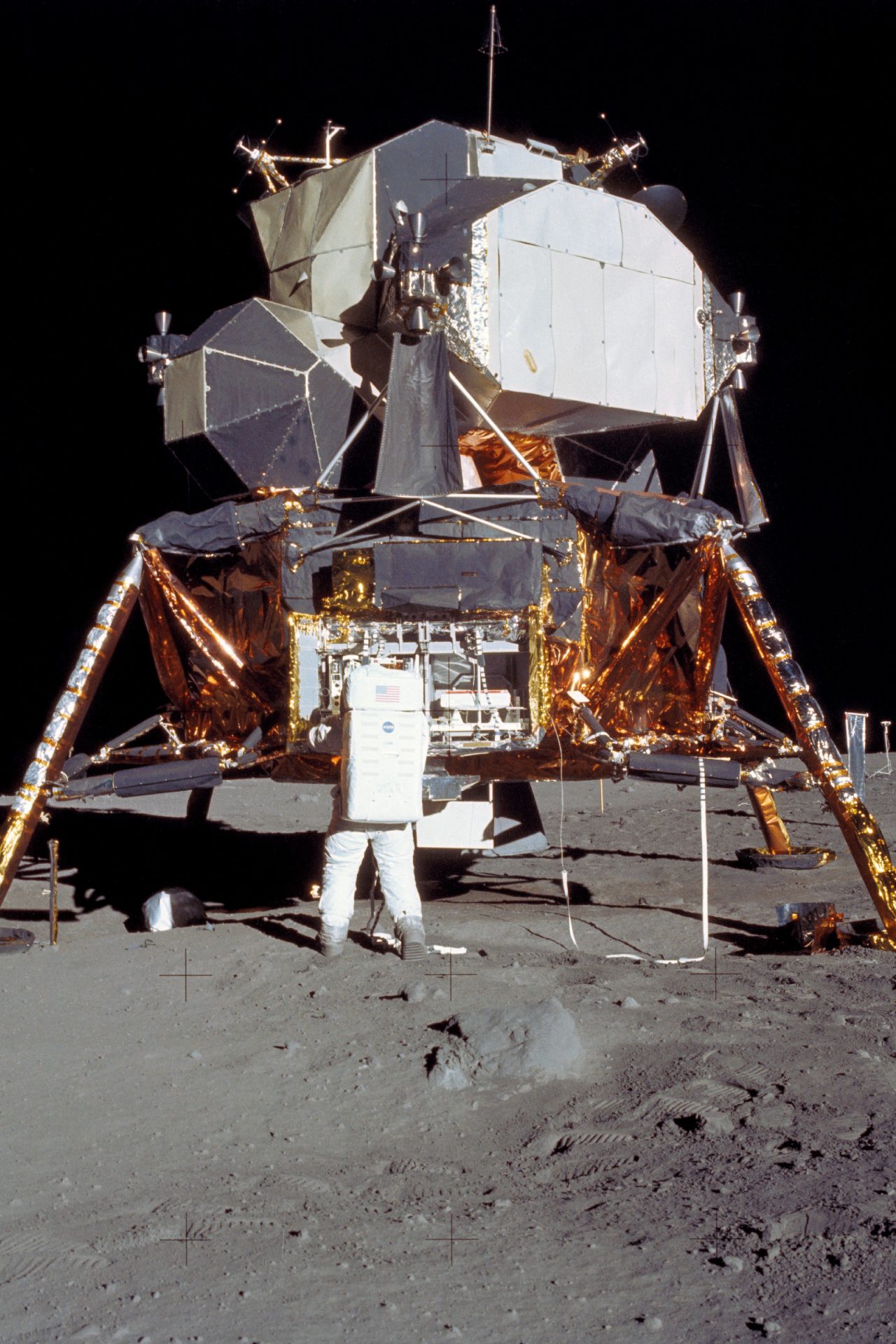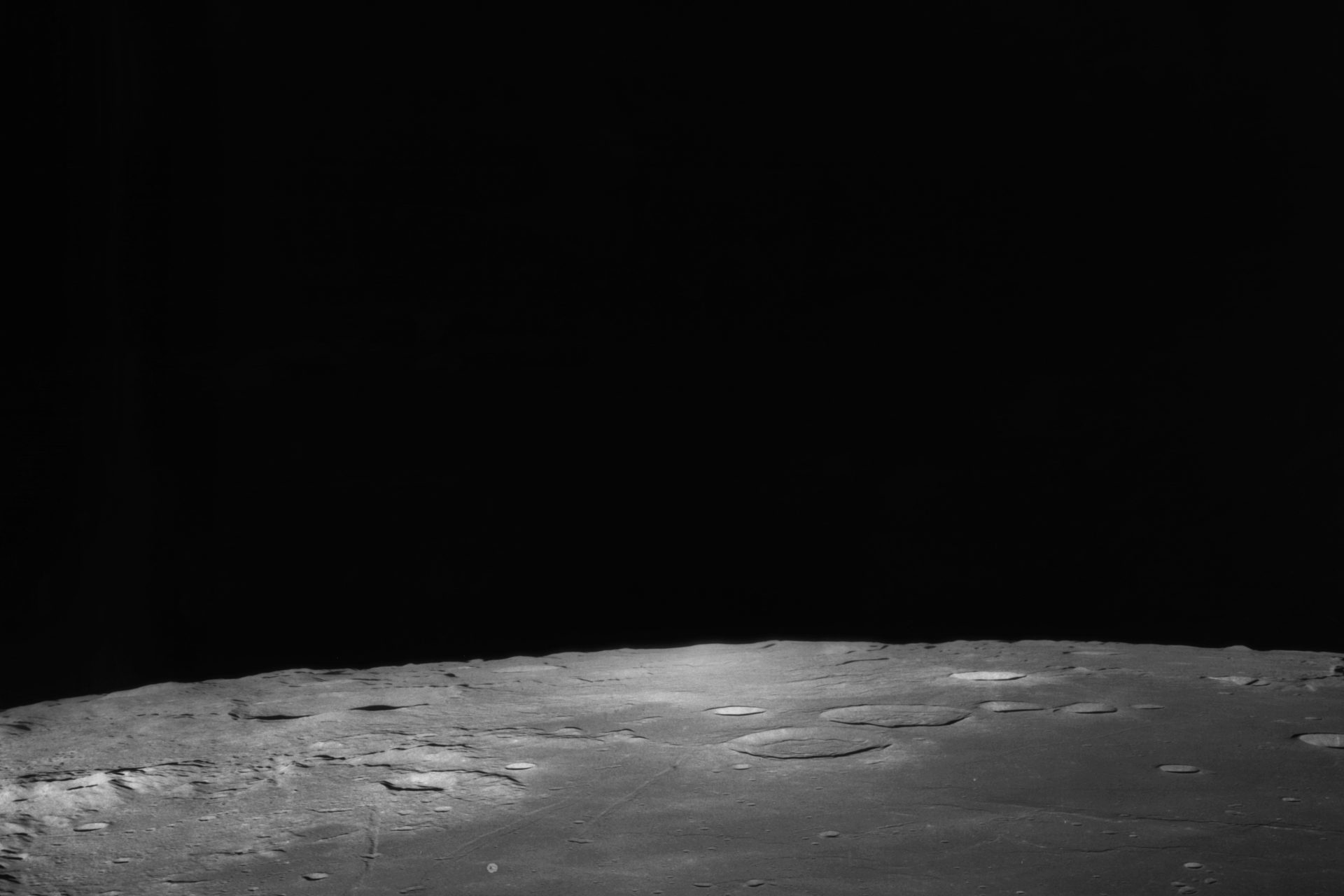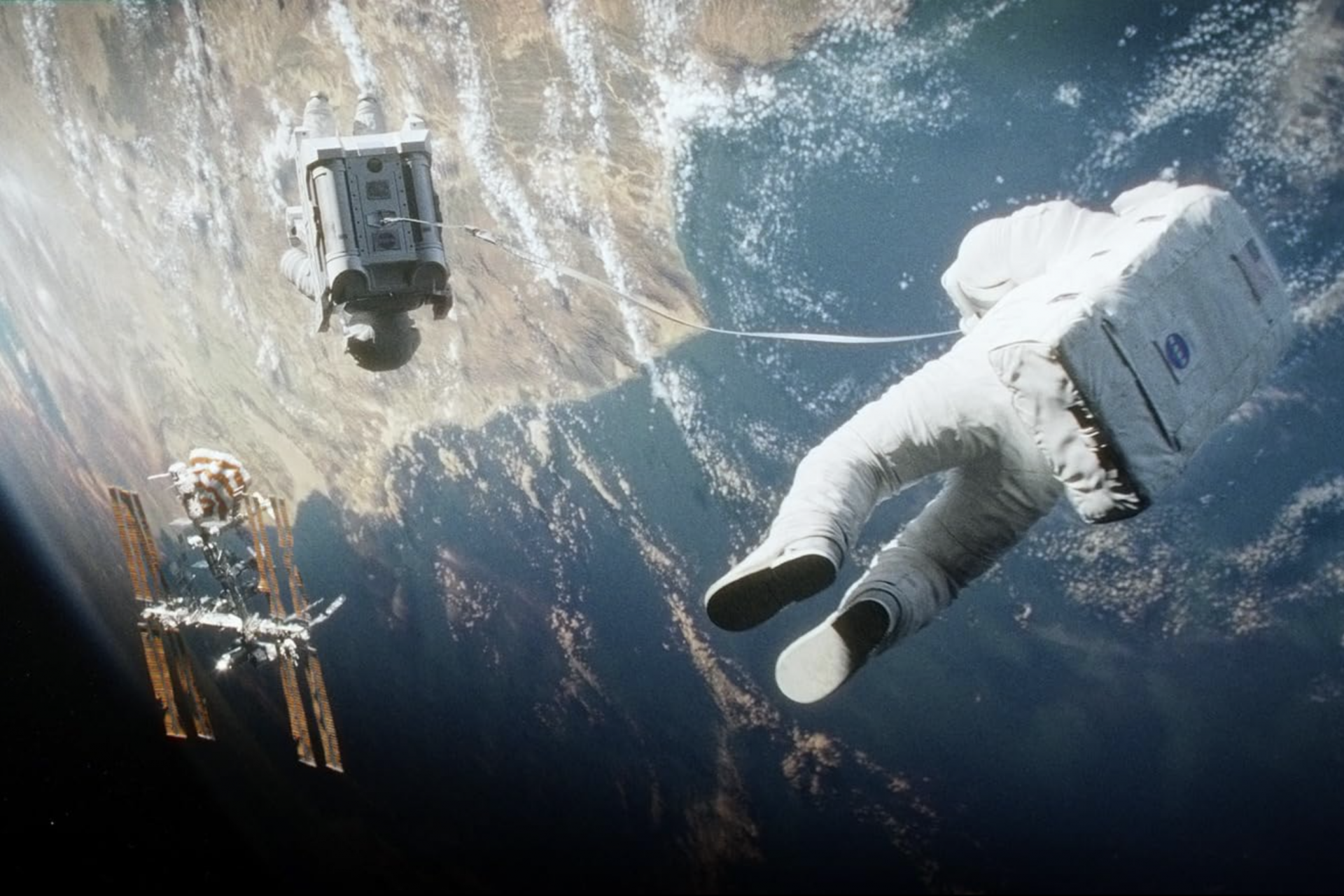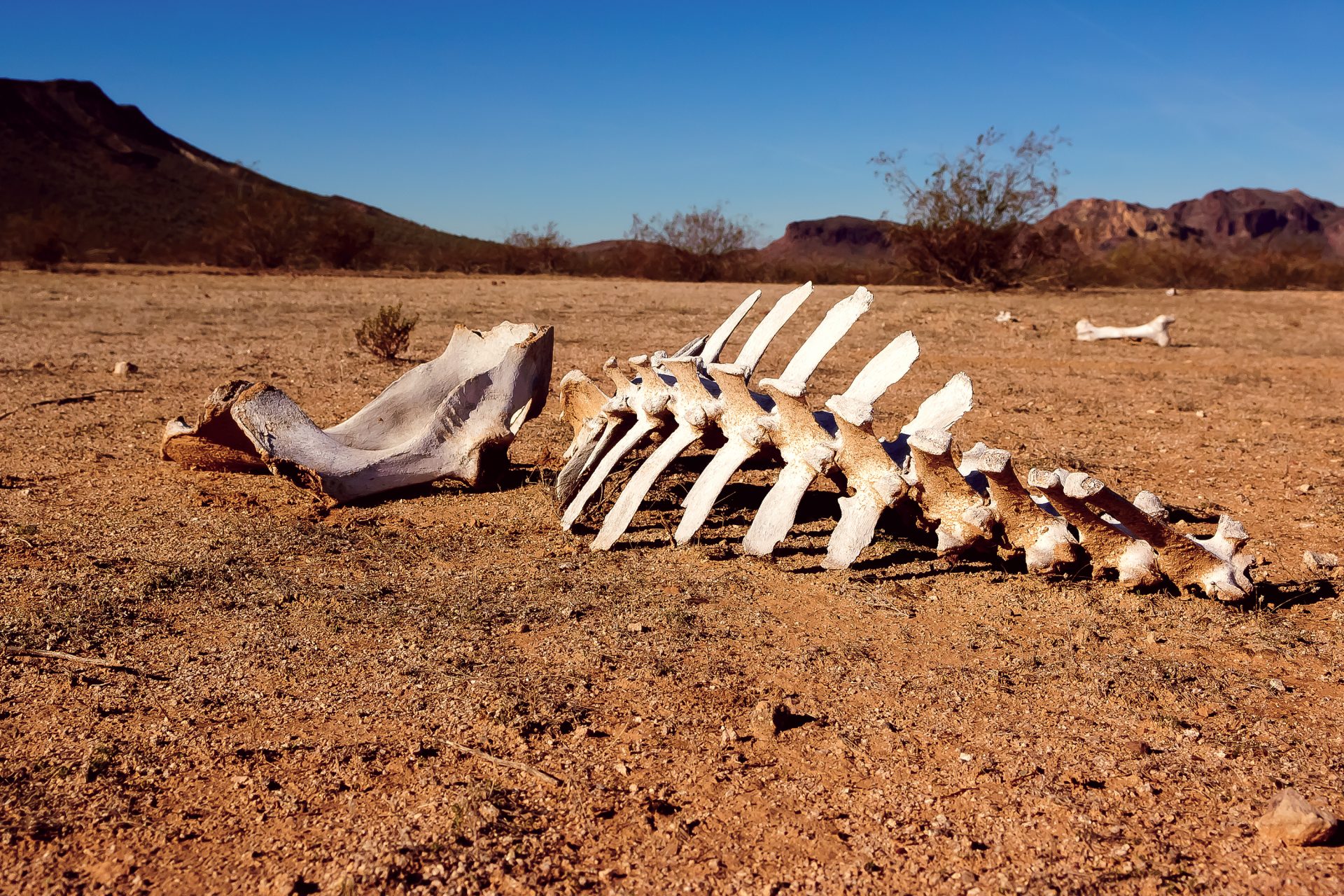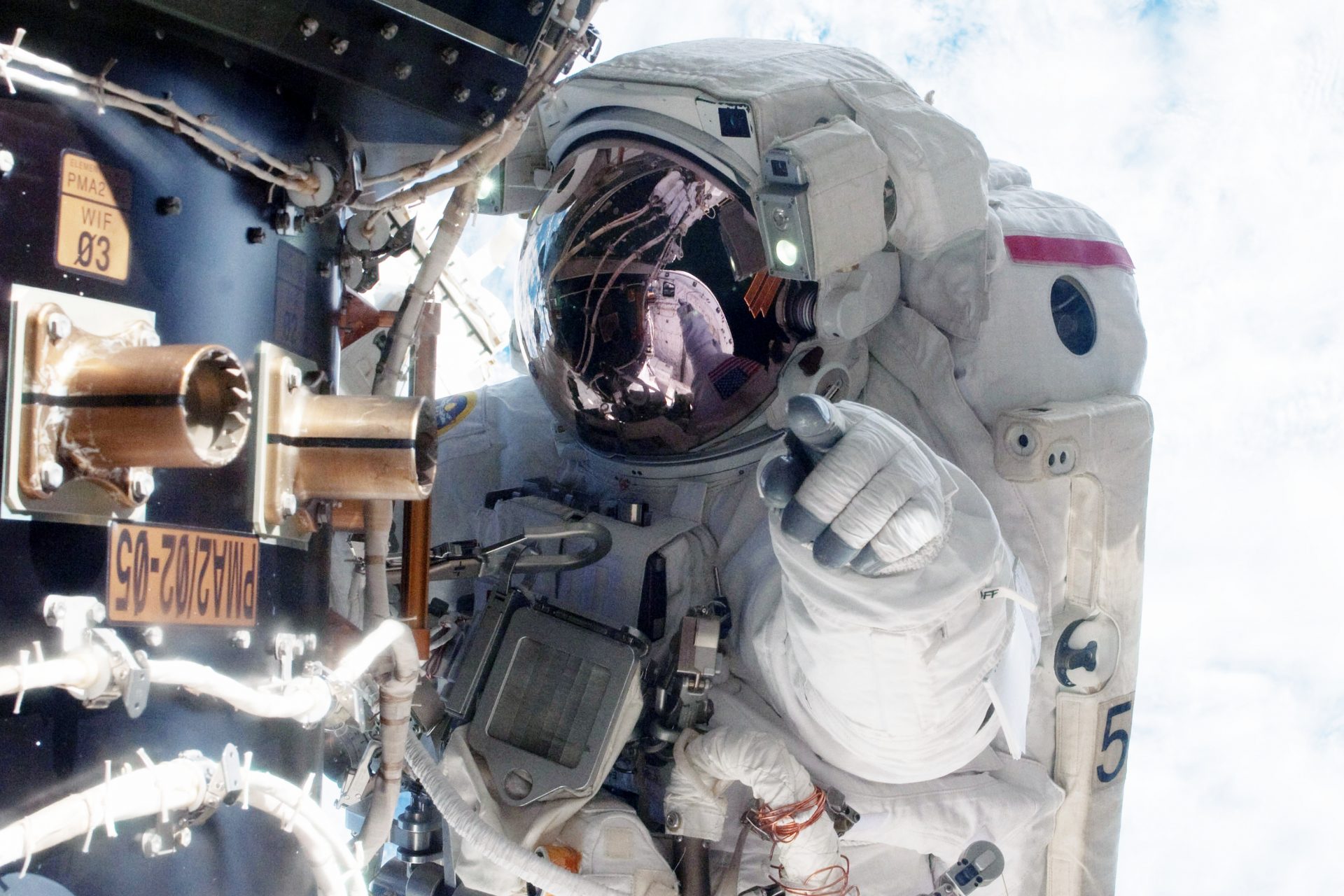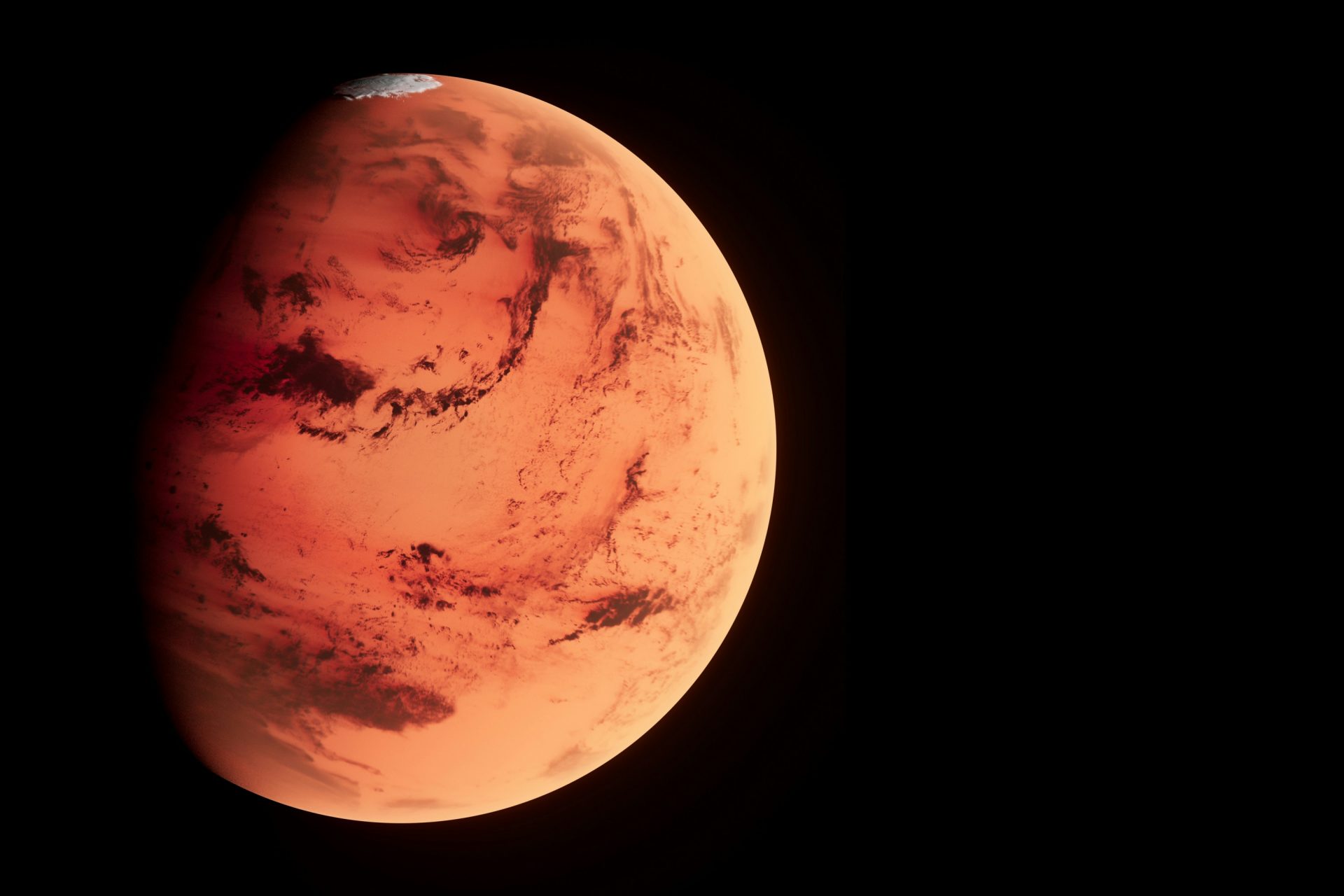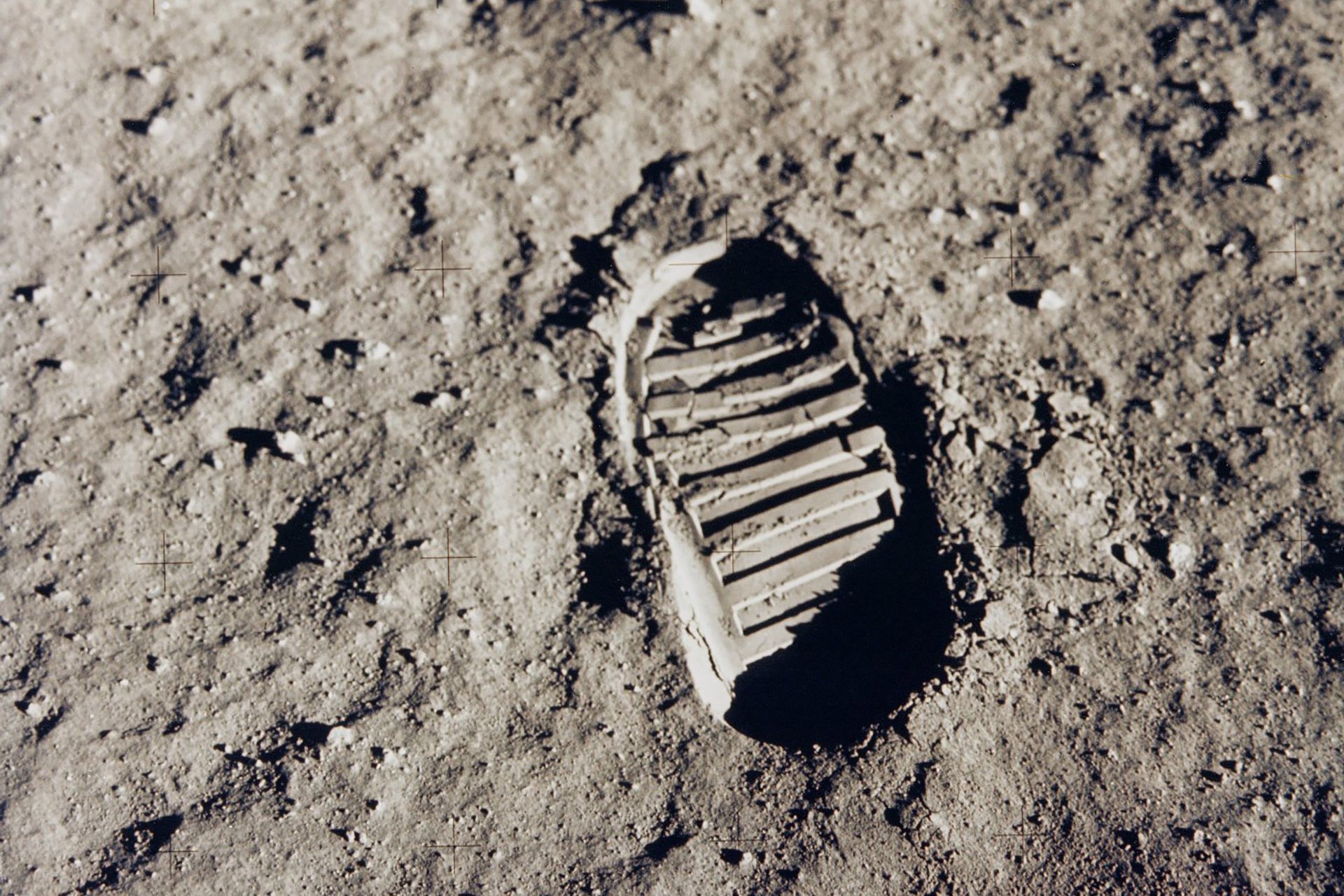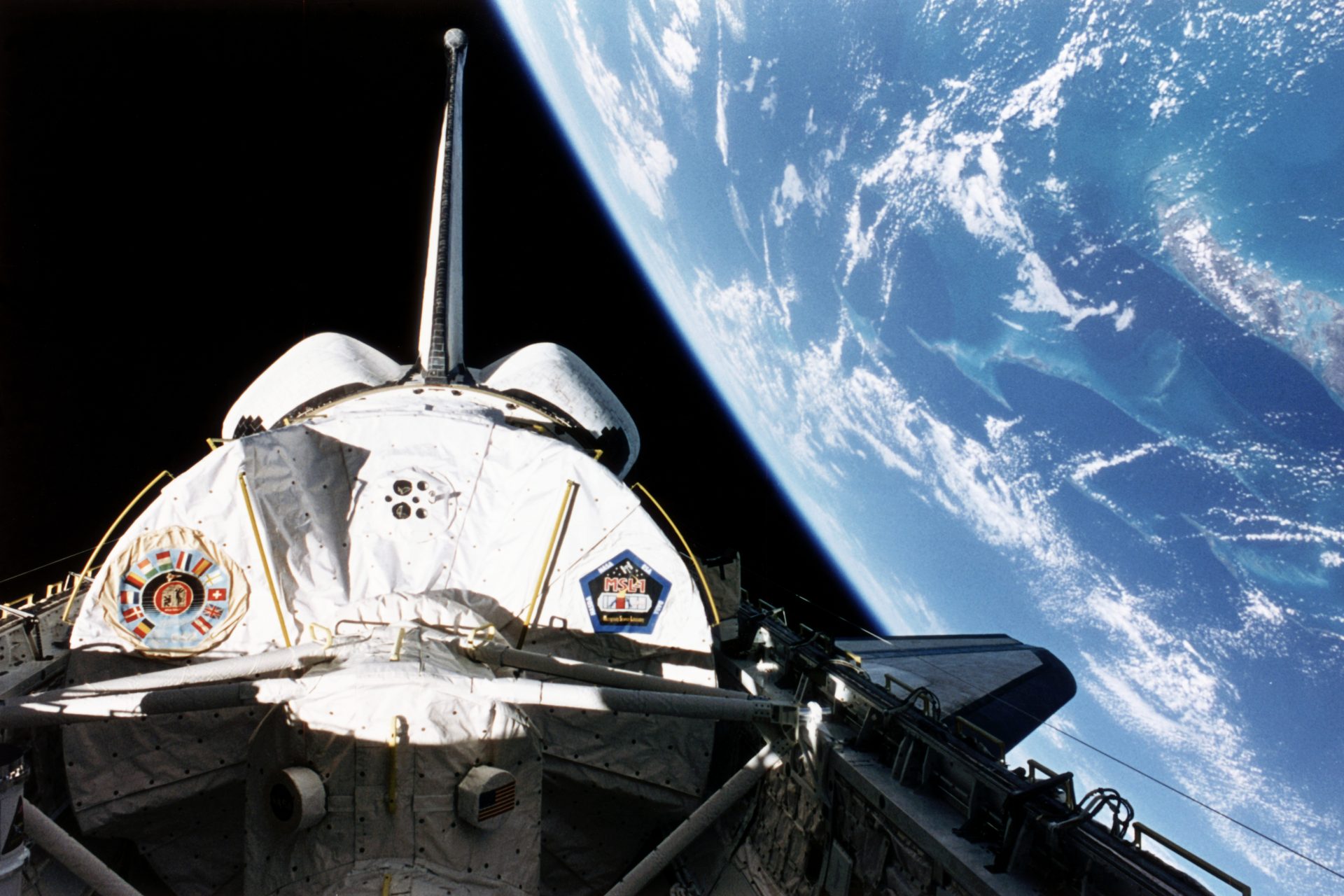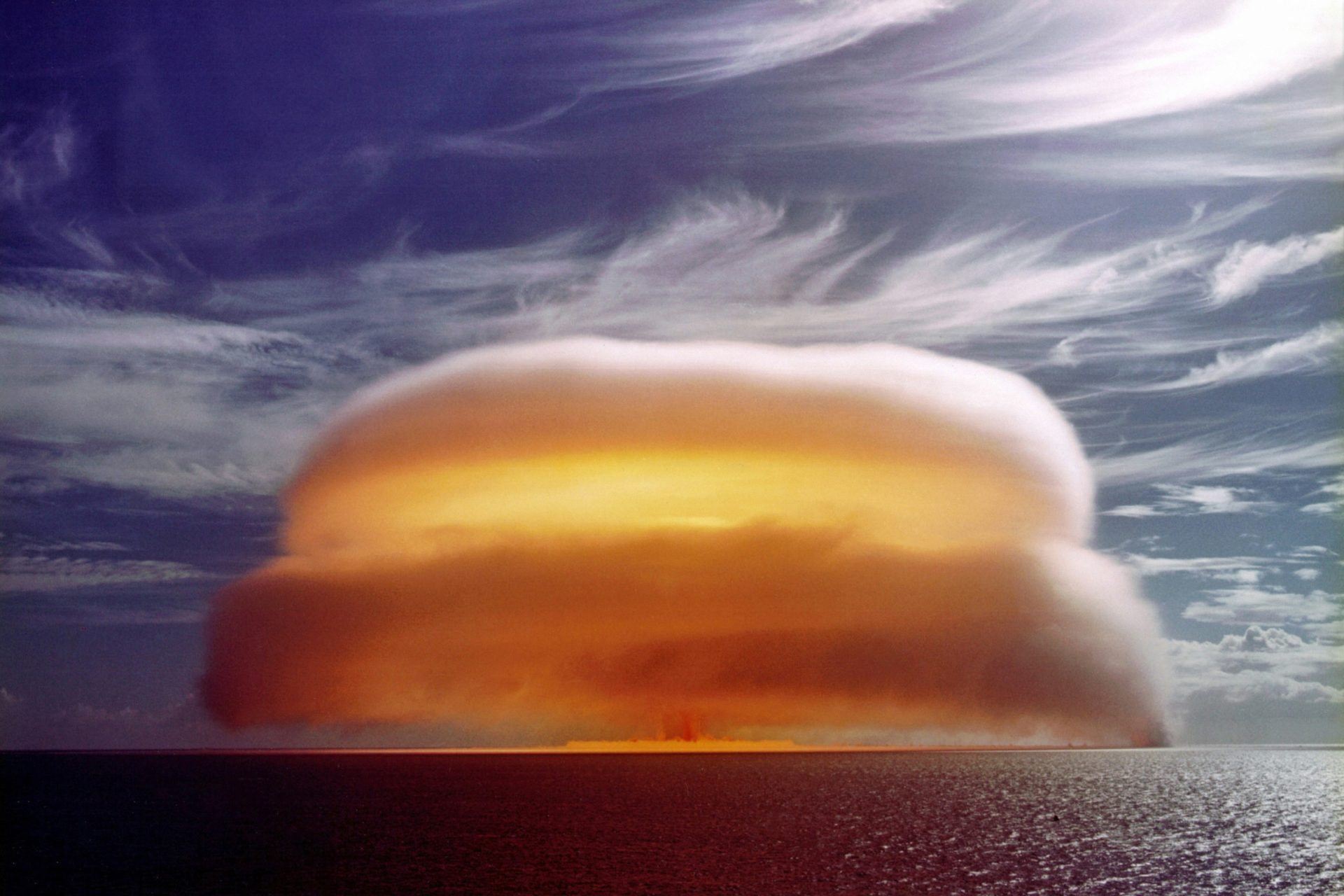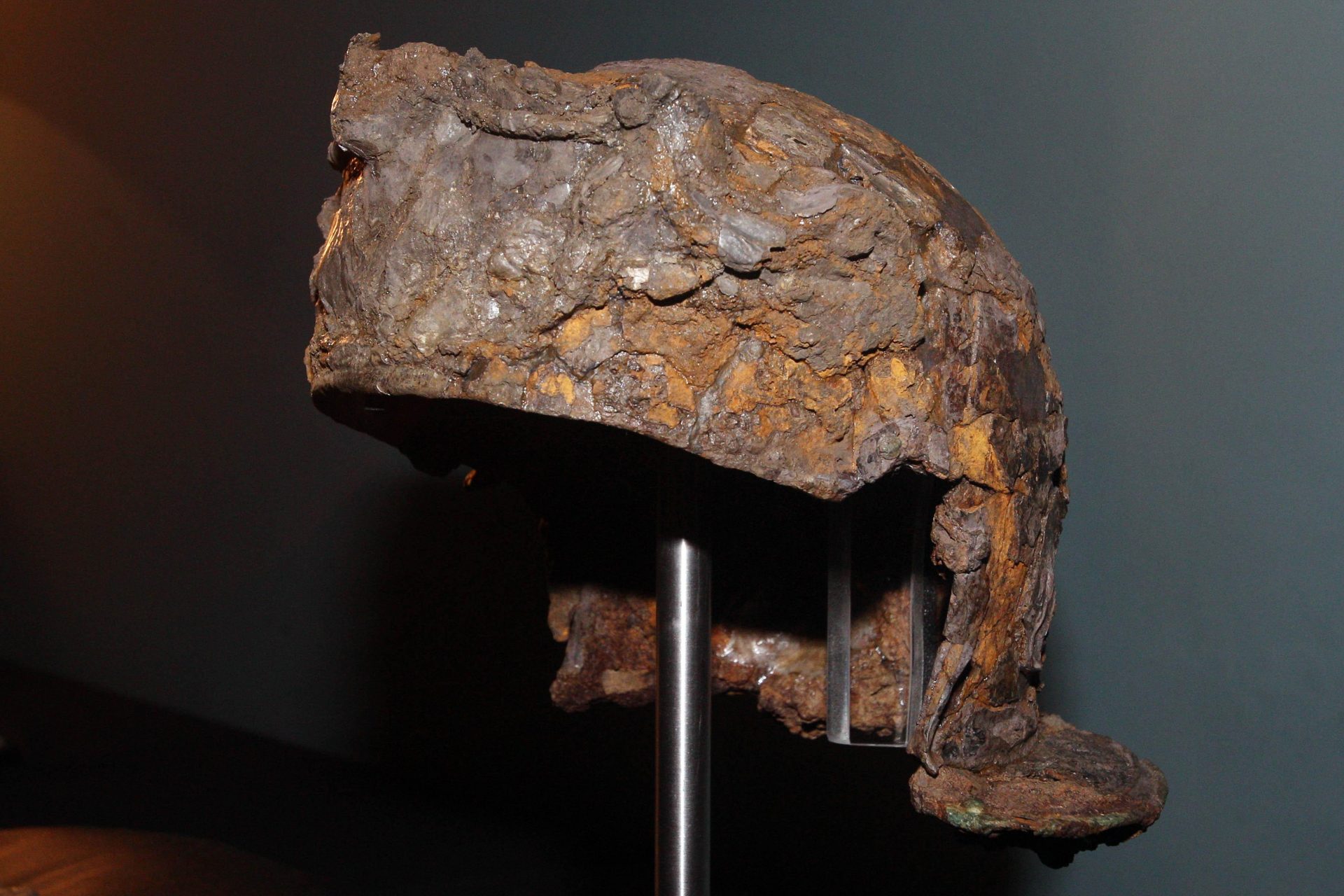What would happen to our bodies if we died in space?
It is no longer a science fiction film, but an increasingly possible and close reality. Space travel, thanks to private companies such as SpaceX or Blue Origin, is already becoming an increasingly realistic possibility for current and future generations.
This is why it is essential to begin to reflect not only on what it will be like to live in space, but also on what implications death will have for the human body in an environment so distinct from Earth.
As explained in an article written for the BBC by Tim Thompson, Professor of Applied Biological Anthropology at the University of Teesside in England, after death on Earth, the human body goes through a series of stages that lead to decomposition.
After death, the body undergoes several changes, including cessation of blood flow and rigor mortis, or stiffening of the body's muscles, caused by calcium accumulation.
Next, the decomposition of tissue begins as enzymes and intestinal bacteria begin to spread throughout the body. At this stage, gases produced by the bacteria cause the body to swell during putrefaction, a process that is accelerated by the presence of oxygen.
What we have observed so far is what happens to a body in the event of death on Earth. In space, however, we must take into account various factors that will have an impact, such as extreme temperatures or the absence of gravity.
In space, temperatures can range from extremely hot to freezing, affecting decomposition, slowing it down, or freezing the body.
In the presence of a gravity different from that on Earth, the phase of livor mortis (when blood accumulates because it is no longer pumped by the heart) is altered. In the case of total absence of gravity, blood could not accumulate.
Credit: Warner Bros from the film 'Gravity'
As for bones, it must be considered that, in a living body, they contain organic materials, such as blood vessels and collagen, and inorganic materials. In the case of death, the organic materials decompose, while the inorganic ones remain unchanged. In very acidic soils, which we could find on other planets, the opposite could happen: according to Thompson, the inorganic component would disappear, leaving only the soft tissues.
To understand the process of decomposition in extraterrestrial contexts, it is essential to specify the specific conditions under which death occurs. For example, inside a spacesuit, rigor mortis would occur. However, the limited availability of oxygen would slow the spread of bacteria, which are responsible for the decomposition of tissue.
Since exploration of Mars seems to be just around the corner, it is natural to imagine what would happen to our bodies if we died on the red planet.
According to Thompson, the arid, desert conditions on Mars can desiccate the body's soft tissues, and "wind-borne sediment could erode and damage the skeleton in a similar way to what happens here on Earth."
If we were on the Moon, however, we would also have to consider the extreme temperatures. On our satellite, they vary from 120 ºC to -170 ºC. "Bodies there could show signs of heat- or freezing-induced changes," Thompson said in his paper.
According to what was stated, therefore, dying in space will trigger very different processes depending on the external conditions.
Furthermore, as Thompson suggested, once we die in space, our bodies would be "extraterrestrial", which is why we should also start thinking about different funeral practices.
Cremation, due to its high energy consumption, or even traditional burial, will probably have to be ruled out, given the possibly hostile environment characterized by difficult-to-dig terrain.
More for you
Top Stories



